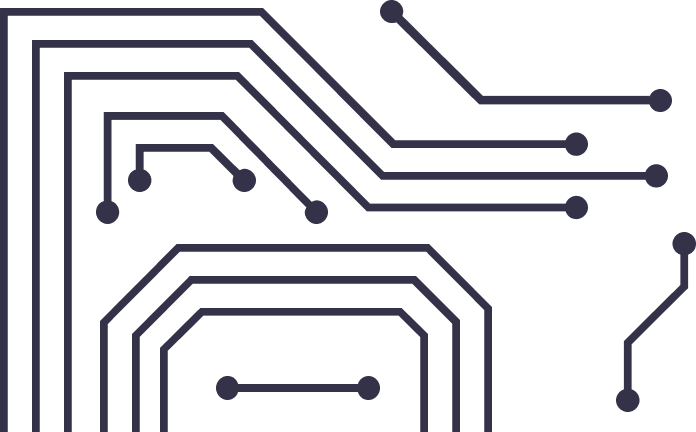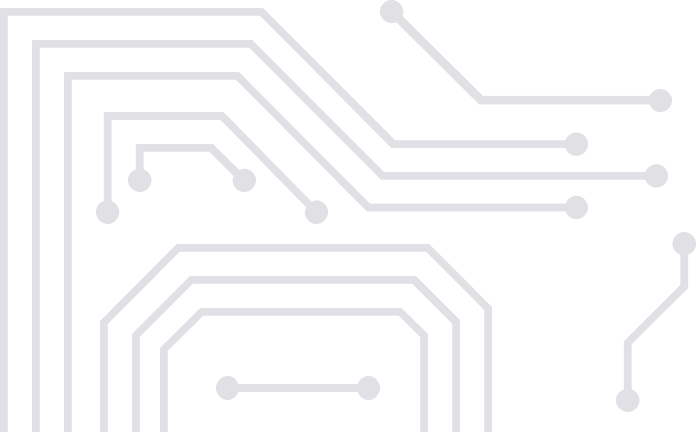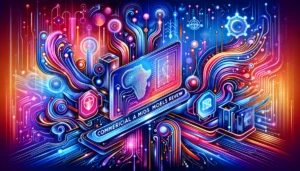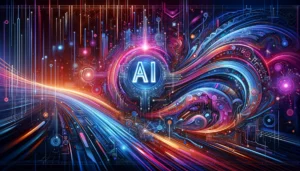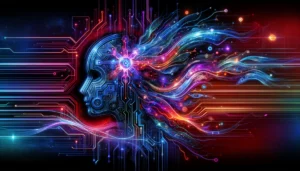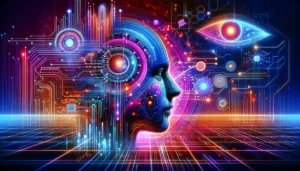The Future of A.I.: Unlocking Boundless Possibilities
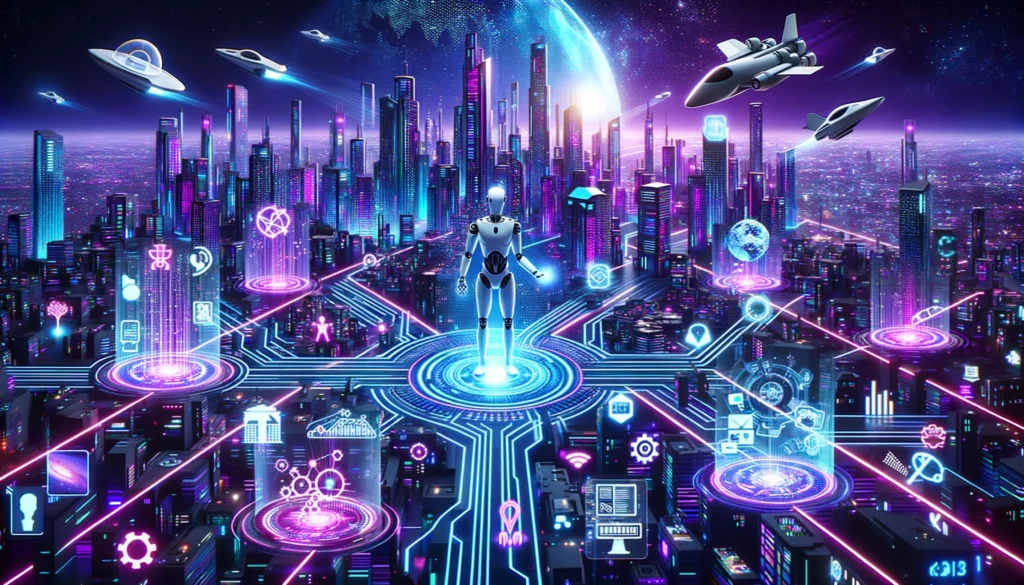
Introduction
Artificial Intelligence (A.I.) has rapidly evolved over the past few decades, transforming the way we live, work, and interact with technology. From self-driving cars to virtual assistants, A.I. is no longer a futuristic concept but a part of our daily lives. In this article, we will explore the future of A.I., its potential impact on various industries, and the ethical considerations that come with it.
Understanding the Current Landscape of A.I.
A.I. in Everyday Life
A.I. is already deeply integrated into our daily routines. Smartphones, for instance, use A.I. algorithms for facial recognition, voice assistants, and predictive text input.
A.I. in Healthcare
A.I. is making breakthroughs in diagnosing diseases, predicting patient outcomes, and even aiding in drug discovery. It has the potential to revolutionize healthcare by providing more accurate and timely diagnoses.
A.I. in Finance
The financial industry relies on A.I. for fraud detection, algorithmic trading, and customer service chatbots. These applications enhance efficiency and security.
The Future of A.I.: What Lies Ahead
A.I. in Education
In the future, A.I. could personalize education, adapting to individual learning styles and pacing. This can make learning more engaging and accessible.
A.I. in Transportation
Self-driving cars are just the beginning. A.I. could transform public transportation systems, reducing traffic congestion and accidents.
A.I. in Agriculture
Agriculture can benefit from A.I. in crop monitoring, precision farming, and pest control. This can lead to higher yields and sustainable practices.
A.I. in Entertainment
A.I. algorithms can analyze user preferences to recommend personalized content, making entertainment more enjoyable and diverse.
A.I. in Space Exploration
A.I. plays a crucial role in autonomous spacecraft and rovers exploring distant planets. It can help us unlock the mysteries of the universe.
Ethical Considerations
Privacy Concerns
As A.I. collects and processes vast amounts of data, questions about data privacy and security become paramount. Striking a balance between innovation and privacy is essential.
Job Displacement
The automation potential of A.I. raises concerns about job displacement. Preparing the workforce for new opportunities is a challenge that must be addressed.
Bias in A.I.
A.I. algorithms can inherit biases present in training data. Ensuring fairness and diversity in A.I. systems is a growing concern.
Conclusion
The future of A.I. is incredibly promising, with opportunities to enhance various aspects of our lives. However, it also brings ethical challenges that require careful consideration. As we step into this era of A.I. innovation, it is crucial to navigate these challenges responsibly and harness the full potential of artificial intelligence.
FAQs
1. How does A.I. impact job opportunities?
A.I. may automate certain jobs but also create new ones. It’s essential to adapt and acquire skills that align with the evolving job market.
2. Can A.I. completely replace human decision-making?
While A.I. can assist in decision-making, human judgment, creativity, and empathy remain irreplaceable in many contexts.
3. What safeguards are in place to prevent A.I. bias?
Researchers are working on developing fair and unbiased A.I. algorithms, and regulations are being considered to address this issue.
4. How can individuals protect their data in an AI-driven world?
Using strong passwords, enabling encryption, and being cautious about sharing personal information online are essential steps.
5. What should we expect from A.I. in the next decade?
A.I. is likely to continue advancing rapidly, with innovations in healthcare, transportation, and education, among other fields.
In this ever-evolving landscape, the future of A.I. holds the promise of groundbreaking discoveries and improvements in our quality of life. Embracing these changes while addressing ethical concerns will be key to maximizing the potential of artificial intelligence.
